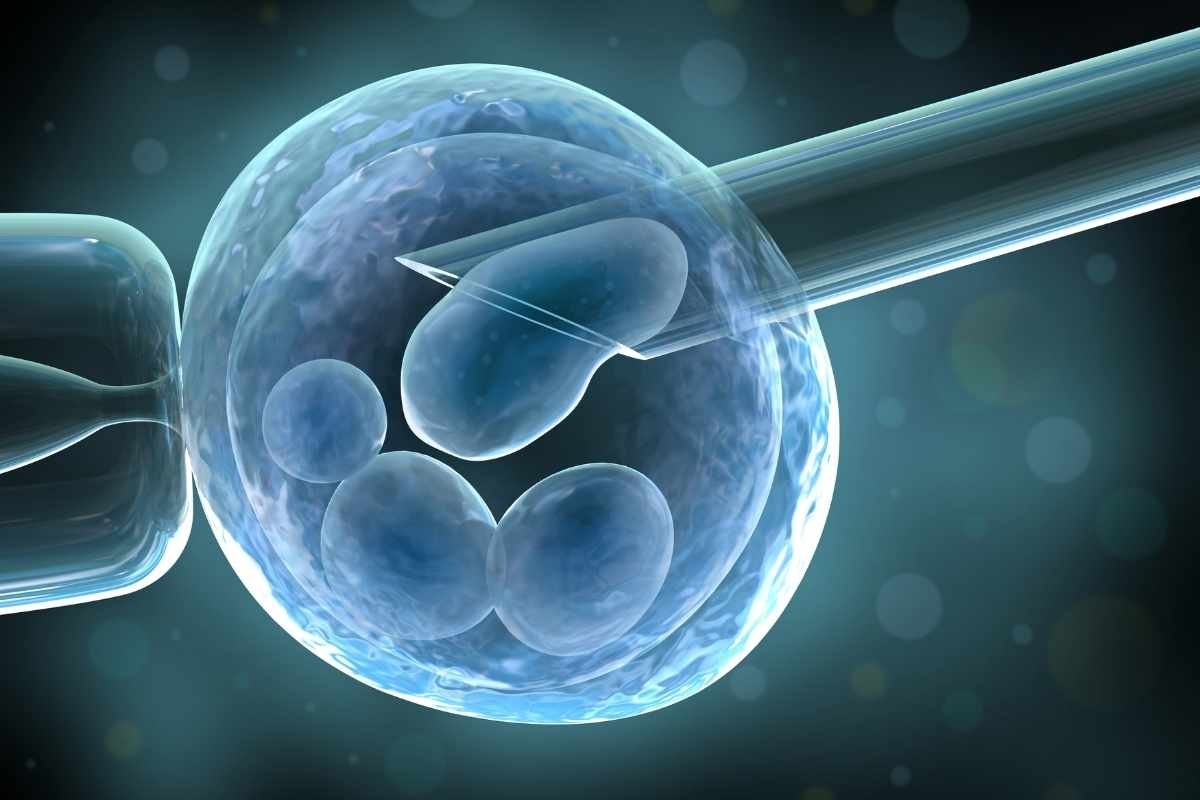
Intrauterine Insemination (IUI) is a fertility treatment that involves inserting sperm into the uterus through a catheter placed in the vagina. This procedure can be done with or without ovulation stimulation. IUI Celebration is usually done as a part of in vitro fertilization (IVF) and surrogacy, but it can also be used to treat male infertility.
How does intrauterine insemination work?
Intrauterine insemination is performed by placing a fine needle through the cervix into the womb and injecting sperm directly into an egg that has been removed from the woman’s ovaries and is being stored in a petri dish called an oviductal pouch. The sperm should swim to an egg within two hours after injection, although this period may vary from one patient to another. The doctor will then remove any excess sperm that did not fertilize the egg.
Why consider intrauterine insemination?
Treats infertility
If you have been diagnosed with female infertility due to poor egg quality and blood supply, intrauterine insemination can help improve your chances of getting pregnant. However, this method should not be taken up if your partner has any infection or health issues that can be harmful to your child.
Cost-effective
Intrauterine insemination (IUI) is a cost-effective method of fertility management. It has been used by men and women from all socioeconomic backgrounds and is relatively inexpensive compared to other fertility treatment methods.
Helps to treat low ovarian reserve
The intrauterine insemination procedure is a technology that helps to treat low ovarian reserve. Thus it can be an effective option for women diagnosed with premature ovarian failure.
Ovarian reserve is the ability of a woman’s ovaries to produce eggs. Once a woman reaches age 35, her chance of conceiving naturally reduces significantly. This happens for various reasons, such as poor egg quality, poor ovarian function, and age-related factors. Thus, intrauterine insemination can help women who want to conceive through natural methods with few or no side effects.
Corrects chromosomal abnormalities in embryos
IUI corrects chromosomal abnormalities in embryos. This means that the risk of miscarriage or pre-term birth is greatly reduced, making IUI an excellent option for couples who want to start a family but do not want to wait for years.
It allows women to avoid coming off their medications
IUI allows women to avoid coming off their medications during pregnancy, which can lead to health problems later on down the road if they take fertility drugs.
Reduce the risk of miscarriage
The main goal of intrauterine insemination is to provide an artificial pregnancy that is not possible naturally. In order to achieve this goal, several steps are required, including a medical examination, the collection and processing of semen, and the preparation of a special solution for fertilization. If everything goes well, you will become a parent after a few months.
Intrauterine Insemination (IUI) fertility treatment involves placing sperm in the uterus via a catheter. This procedure is used when a couple has unsuccessful IVF treatments, or no eggs can be retrieved from the ovaries. IUI has been found to improve pregnancy rates and chances of live birth by up to 20%. If you would love to consider IUI, contact the Center for Reproductive Medicine.
